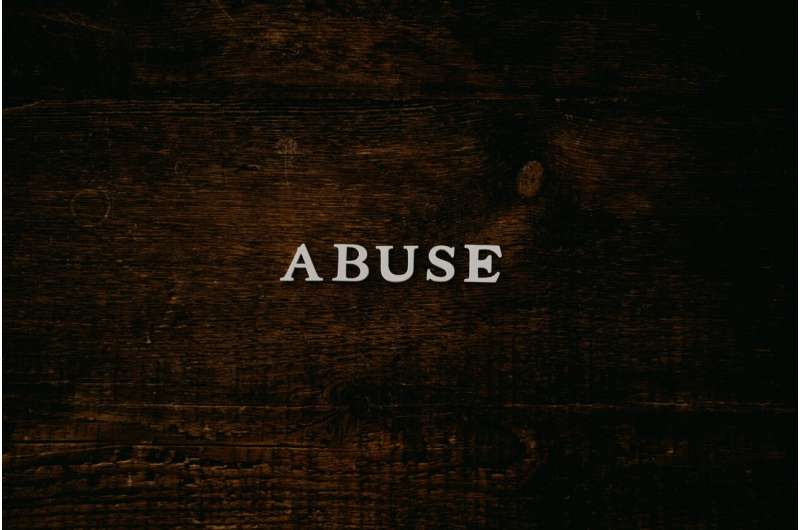This article has been reviewed according to Science X's editorial process and policies. Editors have highlighted the following attributes while ensuring the content's credibility:
fact-checked
trusted source
proofread
Report: Nearly a half-million children sexually exploited in online livestreams in the Philippines last year

In 2022 alone, nearly a half-million Filipino children, or roughly 1 in 100 children, were trafficked to produce child sexual exploitation material (CSEM), according to estimates from a prevalence study by International Justice Mission (IJM) and the University of Nottingham Rights Lab.
Complementing other studies that broadly investigated online sexual abuse and exploitation of children, the Scale of Harm study specifically examined the production of CSEM, especially livestreamed child sexual abuse, for profit.
In this type of crime, a local trafficker sexually abuses a Filipino child in person while a foreign offender, typically from Western or developed countries, watches the abuse happen in real time in a video call.
Ruby (not her real name), a survivor leader and one of the survivor consultants who helped shape the study, said, "As a survivor who knows the pain of online sexual exploitation, the study's findings underscore the urgency for stronger collective action to protect innocent children.
"Co-designed by survivors, this study is informed by lived experiences. With recommendations involving government, tech and financial companies, civil society organizations, and individuals in our communities, this study marks a crucial step forward."
The Scale of Harm study also estimates that nearly a quarter of a million adult Filipinos, or roughly three in every 1,000 adults, engaged in this type of trafficking last year, equating to an average of two victims per trafficker. The study confirms that this crime is widespread across Luzon, Visayas, and Mindanao, yet it is underreported to authorities.
IJM undertook Scale of Harm over the course two years, in partnership with the University of Nottingham's Rights Lab, alongside several world-class experts, researchers, and field practitioners from organizations across the technology, financial, government, and child protection sectors.
"The study marks a significant leap forward in understanding the scale of selling livestreamed and new images and videos of child sexual abuse in the Philippines. Building on the previous 2020 OSEC study led by IJM, Scale of Harm employed rigorous methodologies, including national household surveys and data analysis, to provide a comprehensive assessment of the crime's prevalence. It also incorporated valuable inputs from survivors through their involvement in survey design and focus group discussions," said Professor Zoe Trodd, Rights Lab director.
Lawyer Samson Inocencio, regional vice president and national director of IJM's Program Against Online Sexual Exploitation of Children, said, "Collaborative efforts led by the Philippine government over the years have laid a strong foundation for curbing this technology-enabled crime. Along with other interventions, we need to continue safeguarding more victims and holding more perpetrators accountable. By doing so, we can create deterrence and cultivate an environment that provides lasting protection for vulnerable children. The study has outlined other steps that we can take together moving forward."
Key recommendations from Scale of Harm include enhancing community responses and intensifying efforts beyond law enforcement. These include introducing safety regulations for tech devices made or sold in the Philippines, enhancing tech platform safeguards, and speeding up reporting from tech and financial sectors.
To report information about online child sexual exploitation, contact the Philippine National Police—Women and Children Protection Center at 0966-725-5961 (Globe) and 0919-777-7377 (Smart).
More information: Scale of Harm—Summary Report. www.ijm.org.ph/resources
Provided by University of Nottingham




















